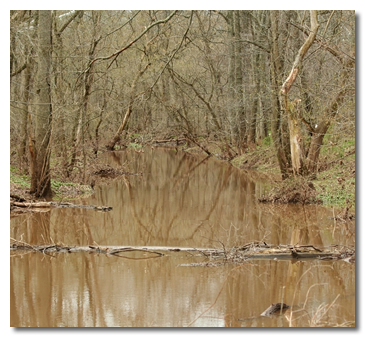Cleaning your shark teeth will revitalize their appearance, making them more attractive and even more valuable. Whether you find them at the bottom of a freshwater river or washed up on the shore of a beach, shark teeth are rarely clean. They might be covered in mud, dirt, barnacles and tough mineral deposits. The good news, however, is that you can clean any shark teeth you find with a little bit of work and some elbow grease.
Naturally, shark teeth hold up well in most environments and conditions; after all, that’s how they’re able to remain intact after sitting on the ocean floor for millions of years. However, a lot of newcomers to the hobby of collecting shark teeth fail to maintain their specimens correctly. They either use the wrong cleaning solutions, don’t give them enough attention or handle them improperly, resulting in permanent damage that can’t be fixed. You can prevent this from happening by spending a couple of minutes to clean and maintain your shark teeth. All it takes is a few basic ingredients and a little bit of your time.
Vinegar and Water

If you ask 10 different collectors how they clean their shark teeth, you’ll probably get 10 different answers. Some people scrub their teeth down with small amounts of dish soap, while others bathe them in pool acid (not recommended). However, the easiest and possibly most effective method to clean shark teeth is to soak them in a solution of vinegar and water. There are no extra steps or preparation involved. Just fill a small jar or cup up with 1/2 vinegar, 1/2 water and place your shark teeth inside of it. Allow them to sit for at least 6 hours before removing them.
When your shark teeth are done soaking, take them out and rinse them under some fresh water to remove the vinegar. Depending on the type of vinegar you use to clean them, allowing residue to remain on the surface may cause discoloration, which is something no collector wants to see happen to their shark teeth.
The reason why vinegar works to clean shark teeth so well is due to its high acidity. Typically, distilled white vinegar is usually 5-10% acetic acid with a pH level of 2.40-3.40. This high acid content eats away at stubborn dirt, sand, debris and even stains. As stated above, though, you’ll need to wash away any excess vinegar residue after you’re done soaking your shark teeth in it.
River Mud and Dirt
If you’re a shark tooth hunter who frequently finds specimens in rivers and waterways, you may need to get a little more creative in your cleaning methods. As you can expect, a lot of teeth found in muddy rivers and canals are layered with mud and dirt, making them more difficult to clean. Sometimes the old vinegar and water method will knock this stuff off, but other times it won’t. In this instance, you can try using a hard-bristle toothbrush with a small amount of warm water and soap. Just start scrubbing it while you focus on the most problematic areas where the mud is caked on. This should effectively remove the majority of dirt and debris stuck on your shark teeth.
After you’ve cleaned the river mud and dirt off your shark teeth, you should still let them soak in a vinegar and water solution afterward. Not only will this help remove and remaining particles, but it will also give them a clean and shiny appearance.
Maintaining Your Shark Teeth
Unless you go throwing your shark teeth back into the ocean or river, you shouldn’t need to clean them again. With that said, you may want to occasionally wipe them down with a lint-free cloth to prevent dust from accumulating on them. It’s important to only use a lint-free cloth, as other types may allow the fabric to get stuck on the serrations of the teeth.
